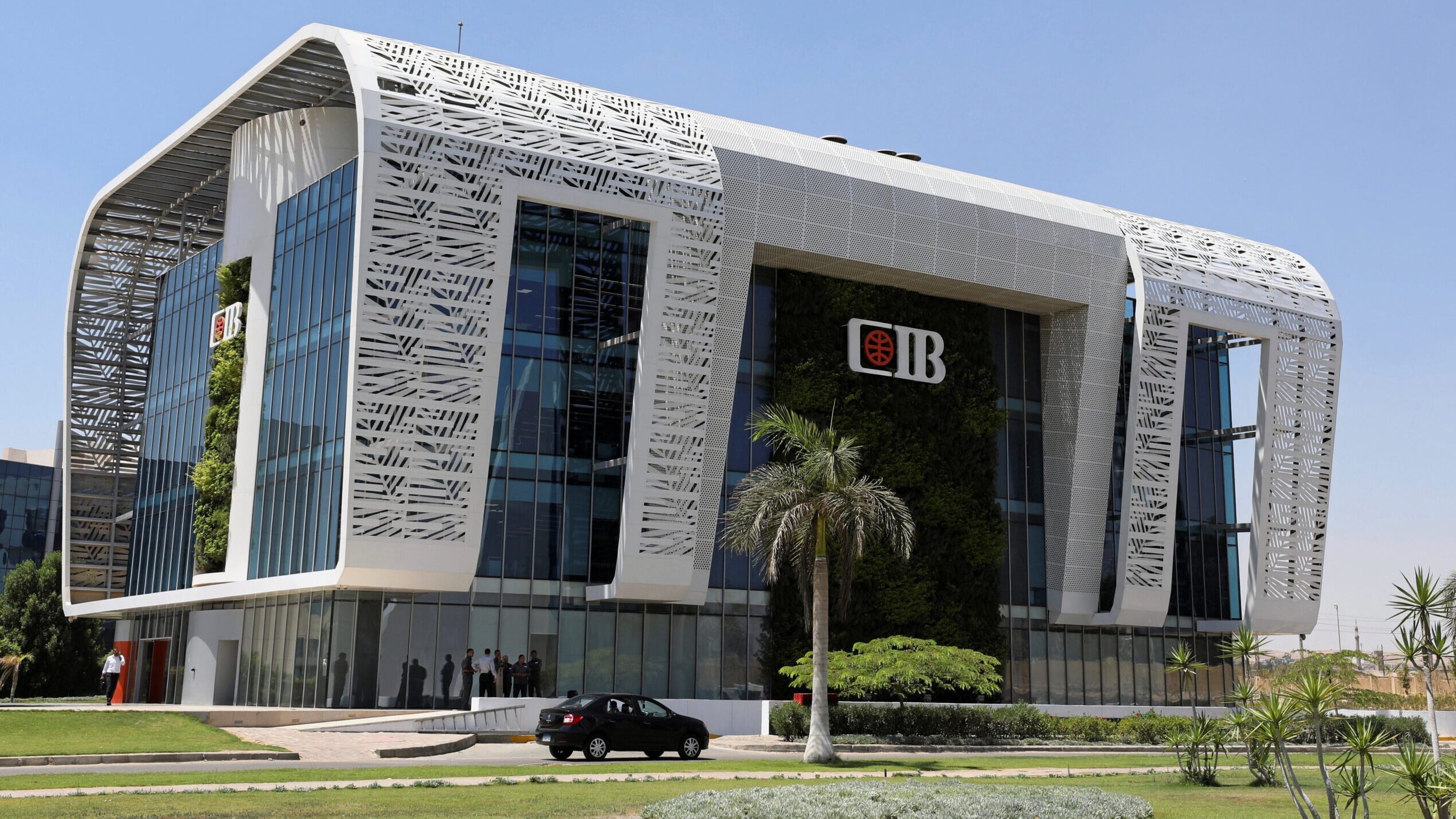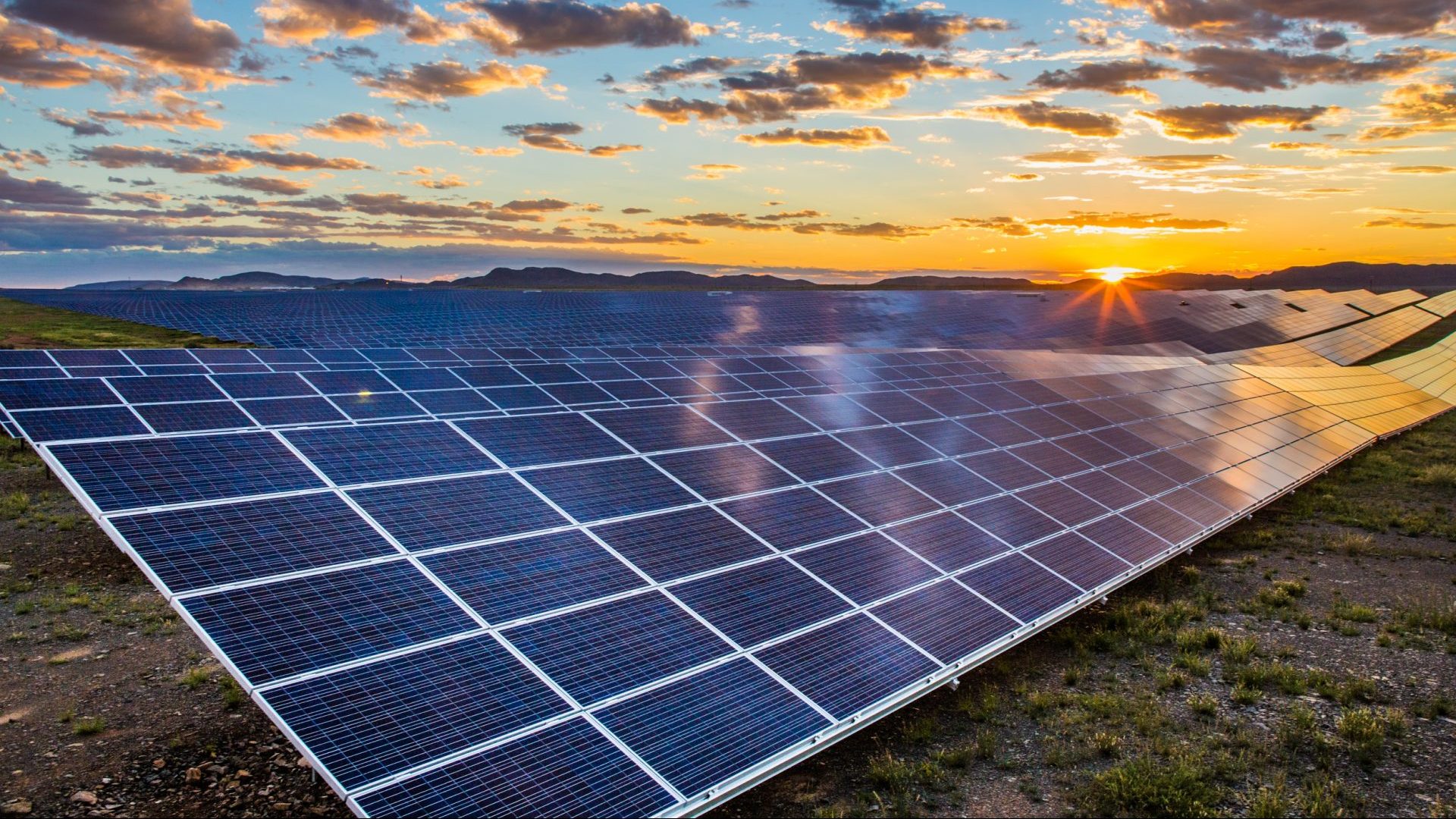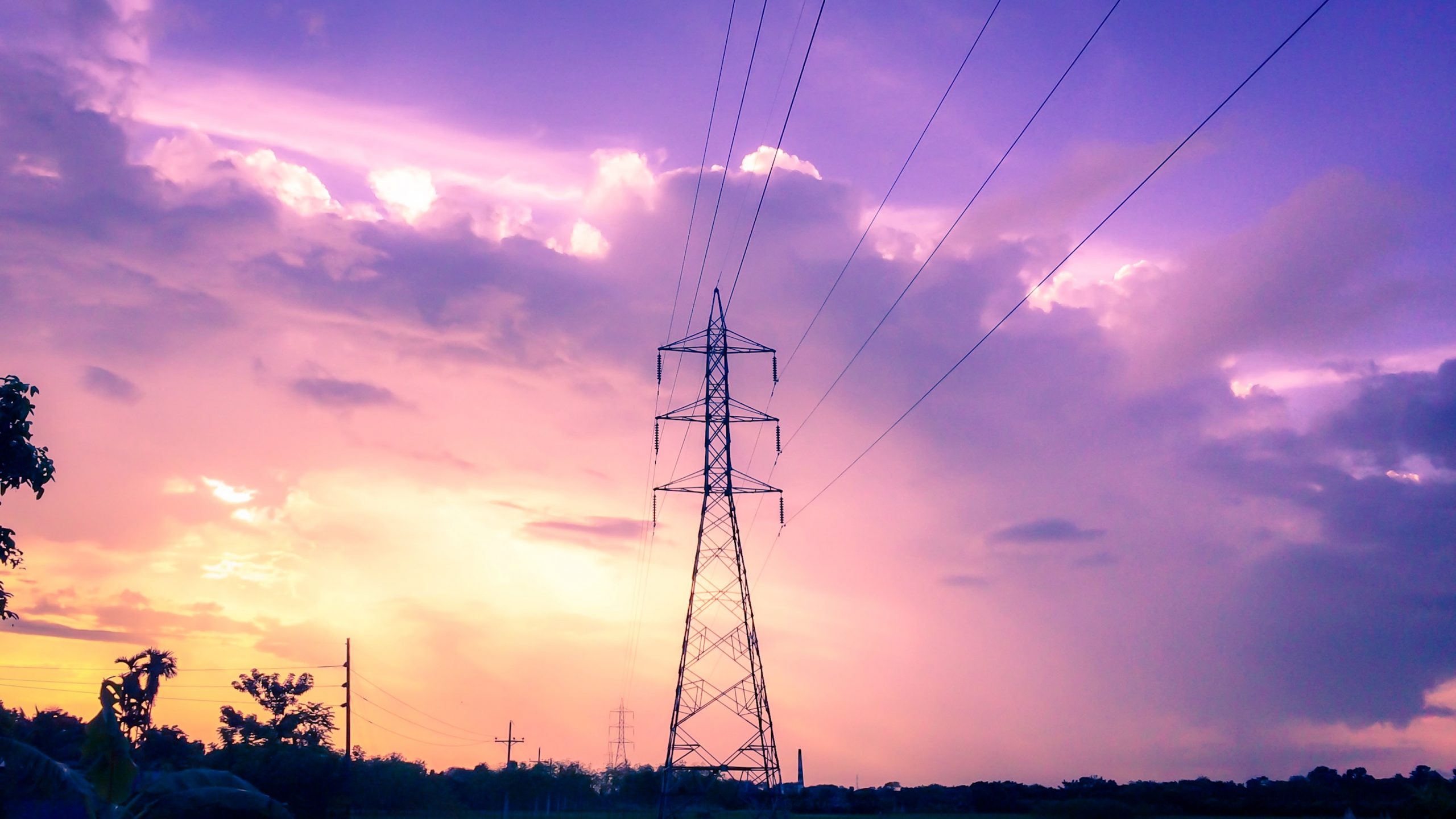Despite the challenge of a global pandemic and external economic shocks the African Development Bank expects Africa to recover from its worst recession in 50 years and reach 3.4% economic growth in 2021.
In its newly released AfDB 2021 African Economic Outlook report, published annually since 2013, the AfDB points out that the outbreak of COVID-19 in December 2019 has taken a massive toll on the continent.
Especially hard-hit are tourism-dependent economies, oil-exporting economies and other resource-intensive economies. The outbreak and attendant lockdowns also highlighted deepening inequality across the continent.
This year’s report theme From Debt Resolution to Growth: The Road Ahead for Africa puts a spotlight on the impact of COVID-19 and government debt and offers mitigating measures to governments and policymakers.
Presenting the report during a virtual launch ceremony, AfDB vice president and chief economist Rabah Arezki cautioned that Africa’s predicted growth could be subject to major downside risks arising from both external and domestic factors: “The cost of inaction will be large.”
The continent-wide projected economic growth and recovery, following a 2.1% contraction in 2020, however, does not remove the threat of increasing poverty, the report said.
An estimated 39 million Africans could possibly slip into extreme poverty this year, following about 30 million who were pushed into extreme poverty in 2020 as a result of the pandemic. The report finds that populations with lower levels of education, few assets and working in informal jobs are the most affected and must be protected.
Dealing with debt
In 2020, government spending across Africa the continent skyrocketed as countries tried to support their populations through the pandemic.
This has had a direct negative impact on budgetary balances and debt burdens. The average debt-to-GDP ratio for Africa is expected to climb by 10 to 15 percentage points in the short to medium term, fueled by the surge in government spending and the contraction of fiscal revenues because of COVID-19.
This will result in fast-paced debt accumulation in the near to medium term. Although the average debt to-GDP ratio had stabilised around 60% of GDP, recent debt restructuring experiences in Africa have been costly and lengthy because of information asymmetries, creditor coordination problems, and the use of more complicated debt instruments, according to the report.
The AfDB reacted swiftly to the COVID-19 pandemic with a crisis response facility to support countries in mitigating the health and economic effects of the pandemic. The Bank also launched a $3 billion Fight COVID–19 social bond on global capital markets, which at the time was the largest US dollar-denominated social bond ever.
However, the fundamentals of Africa’s debt burden must be prioritised and not ignored, African Development Bank President Dr Akinwumi Adesina said.
“The Bank made a strategic and forward-looking choice to discuss a topic that could become a key policy concern in the near term,” he writes in the report’s foreword.
“We need to address Africa’s debt and development finance challenges in partnership with the international community. Much larger financial support is needed and private sector creditors need to be part of the solution. The time for one last debt relief drive for Africa is now.”
AfDB report recommendations to boost economic growth
The report makes important recommendations for a multi-pronged policy approach to addressing the pandemic. These include:
Hannan Morsy, director of the AfDB’s macroeconomic policy, forecasting and research department: “We have a once-in-a-century opportunity at building forward better, more equitable, more sustainable and above all more resilient. Prompt and bold measures are needed to make it happen, the report highlights the required actions.”
Just before the virtual launch Professor Joseph E Stiglitz, recipient of the 2001 Nobel Memorial Prize in Economic Sciences, joined Adesina for a one-and-one conversation as the event opener.
SOURCE: ESI Africa

Ethiopia has cleared the way for Safaricom to introduce M-Pesa in the market of 110 million people after deciding to include the ...

Egyptian largest private sector bank by assets Commercial International Bank (CIB) is seeking to acquire more banks to strengthen ...

The European Investment Bank and International Solar Alliance have published a study outlining access solutions to overcome key ...

Kenya has been ranked the top country in the world in reducing population with no access to electricity, pointing to the impact ...